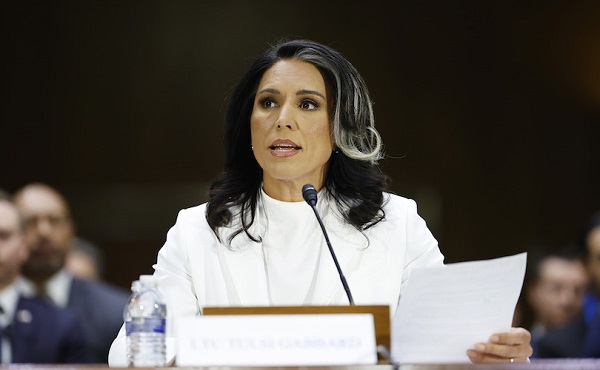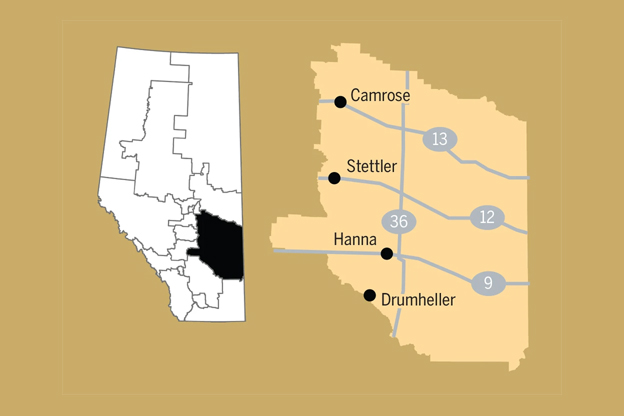Uncategorized
Russia blames Israel for plane shot down by Syrian missile
MOSCOW — A Russian reconnaissance aircraft was shot down by a Syrian missile over the Mediterranean Sea, killing all 15 people on board, the Russian Defence Ministry said Tuesday. It blamed Israel for the crash, saying the plane was caught in the crossfire as four Israeli fighters attacked targets in northwestern Syria.
The Russian military said the Il-20 reconnaissance aircraft was hit 35 kilometres (22 miles) offshore late Monday as it was returning to its home base nearby.
“The Israeli pilots were using the Russian aircraft as a shield and pushed it into the line of fire of the Syrian defence,” Defence Ministry spokesman Maj. Gen. Igor Konashenkov said.
Defence Minister Sergei Shoigu called his Israeli counterpart, Avigdor Lieberman, later Tuesday to say that Israel is “fully to blame” for the deaths, the ministry said.
The military said Israel did not warn it of its operation over Latakia province until one minute before the strike, which did not give the Russian plane enough time to escape.
The Israeli military said in a statement Tuesday that its jets were already within Israeli airspace when the incident occurred. Israel offered condolences over the death of the Russian troops but said it holds the Syrian government “fully responsible.” It also blamed Iran and Hezbollah for what it described as an “unfortunate incident.”
The Russian Defence Ministry said a recovery operation has already located the plane’s wreckage at sea and has retrieved some bodies and some fragments of the plane.
For several years, Israel and Russia have maintained a special hotline to prevent their air forces from clashing in the skies over Syria. Israeli military officials have previously praised its effectiveness.
Russia has been a key backer of Syrian President Bashar Assad and it has two military bases in the country, including one close to the Mediterranean coast.
Russia’s dramatic entry into the Syrian civil war in 2015 in support of the Syrian government, after a year of airstrikes by the U.S. and its coalition partners against the Islamic State group, increased the spectre of dangerous confrontations in the skies over Syria.
Turkey’s troops are also on the ground in northern Syria and are patrolling the skies over the region as Ankara seeks to ramp up its influence there and curb the expansion of Syrian Kurdish-controlled territory.
Israel has refrained from taking sides in the Syrian civil war. But it has acknowledged carrying out scores of airstrikes against archenemy Iran and its Shiite proxy Hezbollah.
Israel has also acknowledged attacking Iranian targets some 200 times. Israel has warned that it will not allow Iran to establish a permanent military presence in postwar Syria.
Throughout the fighting, Israeli Prime Minister Benjamin Netanyahu has maintained continuous contact with Russia. Netanyahu frequently travels to Russia for talks with President Vladimir Putin to discuss the Syria issue.
The Israeli military said the Russian plane fell victim to the “extensive and inaccurate” firing of Syrian surface-to-air missile systems and that the Israeli jets — which were carrying out a raid against a Syrian government facility in another place — had already left Syrian airspace by that point.
The Israeli military said that hotline with Russia was in operation and that it would share with Russia all the data at its disposal.
Sima Shine, a former senior Mossad official and ex-deputy director-general at Israel’s Strategic Affairs Ministry, told Israel’s Army Radio station that the shooting down of the plane is problematic for many reasons.
“I think it will impose very serious restriction on Israel’s freedom of activity,” she said.
The plane crashed only hours after the leaders of Russia and Turkey reached an agreement to avert an all-out offensive by Syrian government forces to retake Syria’s last remaining rebel stronghold in Idlib.
Putin’s spokesman, Dmitry Peskov, on Tuesday called the deal “a landmark and crucial agreement for Syria’s future” and said the shooting down of the plane will have no impact on it.
In Damascus, Syria’s foreign ministry welcomed the agreement, while vowing that it will continue the fight against “terrorism until liberating the last inch of the Syrian territory, whether through military operations or through local reconciliations.”
Iran also welcomed the agreement, with Foreign Minister Mohammad Javad Zarif tweeting: “Diplomacy works.”
___
Josef Federman and Ian Deitch in Jerusalem and Bassem Mroue in Beirut contributed to this report.
___
This story has been corrected to say the plane came down late Monday, not early Tuesday.
Nataliya Vasilyeva, The Associated Press
Uncategorized
Poilievre on 2025 Election Interference – Carney sill hasn’t fired Liberal MP in Chinese election interference scandal

From Conservative Party Communications
“Yes. He must be disqualified. I find it incredible that Mark Carney would allow someone to run for his party that called for a Canadian citizen to be handed over to a foreign government on a bounty, a foreign government that would almost certainly execute that Canadian citizen.
“Think about that for a second. We have a Liberal MP saying that a Canadian citizen should be handed over to a foreign dictatorship to get a bounty so that that citizen could be murdered. And Mark Carney says he should stay on as a candidate. What does that say about whether Mark Carney would protect Canadians?
“Mark Carney is deeply conflicted. Just in November, he went to Beijing and secured a quarter-billion-dollar loan for his company from a state-owned Chinese bank. He’s deeply compromised, and he will never stand up for Canada against any foreign regime. It is another reason why Mr. Carney must show us all his assets, all the money he owes, all the money that his companies owe to foreign hostile regimes. And this story might not be entirely the story of the bounty, and a Liberal MP calling for a Canadian to be handed over for execution to a foreign government might not be something that the everyday Canadian can relate to because it’s so outrageous. But I ask you this, if Mark Carney would allow his Liberal MP to make a comment like this, when would he ever protect Canada or Canadians against foreign hostility?
“He has never put Canada first, and that’s why we cannot have a fourth Liberal term. After the Lost Liberal Decade, our country is a playground for foreign interference. Our economy is weaker than ever before. Our people more divided. We need a change to put Canada first with a new government that will stand up for the security and economy of our citizens and take back control of our destiny. Let’s bring it home.”
Uncategorized
Canada Needs A Real Plan To Compete Globally

From the Frontier Centre for Public Policy
Ottawa’s ideological policies have left Canada vulnerable. Strategic action is needed now
As Canada navigates an increasingly complex geopolitical landscape, the next federal government must move beyond reflexive anti—Americanism regardless of its political leanings. Instead, Canada should prioritize national interests while avoiding unnecessary conflict and subservience.
The notion that Canada can stand alone is as misguided as the idea that it is only an economic appendage of the United States. Both perspectives have influenced policy in Ottawa at different times, leading to mistakes.
Rather than engaging in futile name-calling or trade disputes, Canada must take strategic steps to reinforce its autonomy. This approach requires a pragmatic view rooted in Realpolitik—recognizing global realities, mitigating risks, governing for the whole country, and seizing opportunities while abandoning failed ideologies.
However, if Washington continues to pursue protectionist measures, Canada must find effective ways to counteract the weakened position Ottawa has placed the country in over the past decade.
One key strategy is diversifying trade relationships, notably by expanding economic ties with emerging markets such as India and Southeast Asia. This will require repairing Canada’s strained relationship with India and regaining political respect in China.
Unlike past Liberal trade missions, which often prioritized ideological talking points over substance, Canada must negotiate deals that protect domestic industries rather than turning summits into platforms for moral posturing.
A more effective approach would be strengthening partnerships with countries that value Canadian resources instead of vilifying them under misguided environmental policies. Expand LNG exports to Europe and Asia and leverage Canada’s critical minerals sector to establish reciprocal supply chains with non-Western economies, reducing economic reliance on the U.S.
Decades of complacency have left Canada vulnerable to American influence over its resource sector. Foreign-funded environmental groups have weakened domestic energy production, handing U.S. industries a strategic advantage. Ottawa must counter this by ensuring Canadian energy is developed at home rather than allowing suppressed domestic production to benefit foreign competitors.
Likewise, a robust industrial policy—prioritizing mining, manufacturing, and agricultural resilience—could reduce dependence on U.S. and Chinese imports. This does not mean adopting European-style subsidies but rather eliminating excessive regulations that make Canadian businesses uncompetitive, including costly domestic carbon tariffs.
Another key vulnerability is Canada’s growing military dependence on the U.S. through NORAD and NATO. While alliances are essential, decades of underfunding and neglect have turned the Canadian Armed Forces into little more than a symbolic force. Canada must learn self-reliance and commit to serious investment in defence.
Increasing defence spending—not to meet NATO targets but to build deterrence—is essential. Ottawa must reform its outdated procurement processes and develop a domestic defence manufacturing base, reducing reliance on foreign arms deals.
Canada’s vast Arctic is also at risk. Without continued investment in northern sovereignty, Ottawa may find itself locked out of its own backyard by more assertive global powers.
For too long, Canada has relied on an economic model that prioritizes federal redistribution over wealth creation and productivity. A competitive tax regime—one that attracts investment instead of punishing success—is essential.
A capital gains tax hike might satisfy activists in Toronto, but it does little to attract investments and encourage economic growth. Likewise, Ottawa must abandon ideological green policies that threaten agri-food production, whether by overregulating farmers or ranchers. At the same time, it must address inefficiencies in supply management once and for all. Canada must be able to feed a growing world without unnecessary bureaucratic obstacles.
Ottawa must also create an environment where businesses can innovate and grow without excessive regulatory burdens. This includes eliminating interprovincial trade barriers that stifle commerce.
Similarly, Canada’s tech sector, long hindered by predatory regulations, should be freed from excessive government interference. Instead of suffocating innovation with compliance mandates, Ottawa should focus on deregulation while implementing stronger security measures for foreign tech firms operating in Canada.
Perhaps Ottawa’s greatest mistake is its knee-jerk reactions to American policies, made without a coherent long-term strategy. Performative trade disputes with Washington and symbolic grandstanding in multilateral organizations do little to advance Canada’s interests.
Instead of reacting emotionally, Canada must take proactive steps to secure its economic, resource, and defence future. That is the role of a responsible government.
History’s best strategists understood that one should never fight an opponent’s war but instead dictate the terms of engagement. Canada’s future does not depend on reacting to Washington’s policies—these are calculated strategies, not whims. Instead, Canada’s success will be determined by its ability to act in the interests of citizens in all regions of the country, and seeing the world as it is rather than how ideological narratives wish it to be.
Marco Navarro-Génie is the vice president of research at the Frontier Centre for Public Policy. With Barry Cooper, he is co-author of Canada’s COVID: The Story of a Pandemic Moral Panic (2023).
-

 COVID-191 day ago
COVID-191 day agoStudy finds nearly half of ‘COVID deaths’ had no link to virus
-
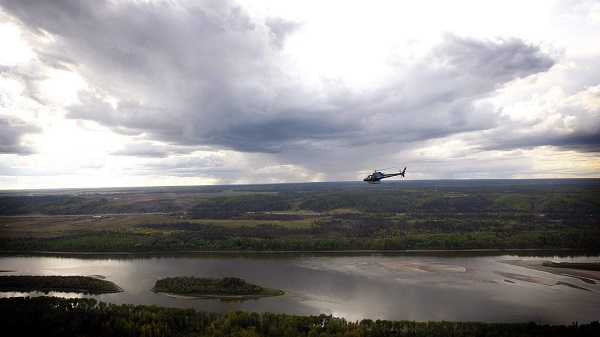
 Alberta2 days ago
Alberta2 days agoEnergy projects occupy less than three per cent of Alberta’s oil sands region, report says
-

 Energy2 days ago
Energy2 days agoOil tankers in Vancouver are loading plenty, but they can load even more
-

 Alberta2 days ago
Alberta2 days agoCharges laid in record cocaine seizure
-

 2025 Federal Election1 day ago
2025 Federal Election1 day agoCarney says Liberals won’t make voting pact with NDP
-
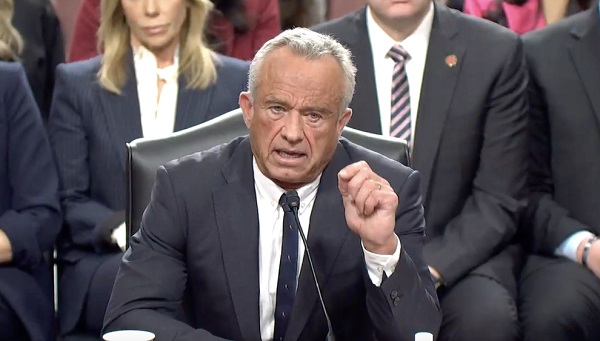
 Autism1 day ago
Autism1 day agoNIH, CMS partner on autism research
-

 Business1 day ago
Business1 day agoEPA to shut down “Energy Star” program
-
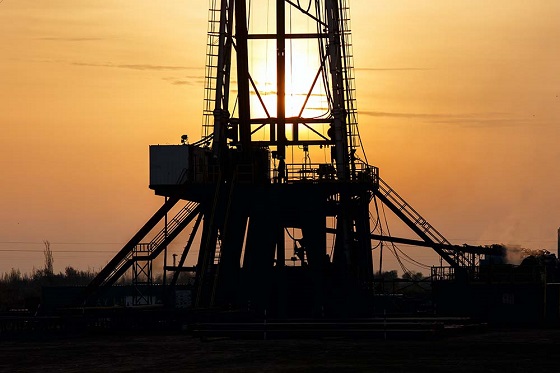
 Economy17 hours ago
Economy17 hours agoCanada’s Energy Wealth Is Bleeding South
